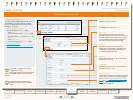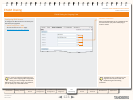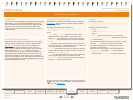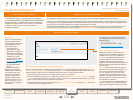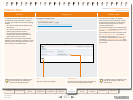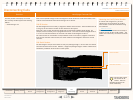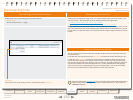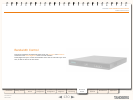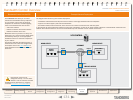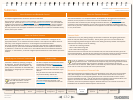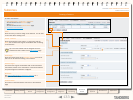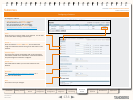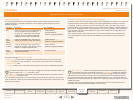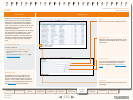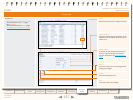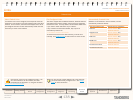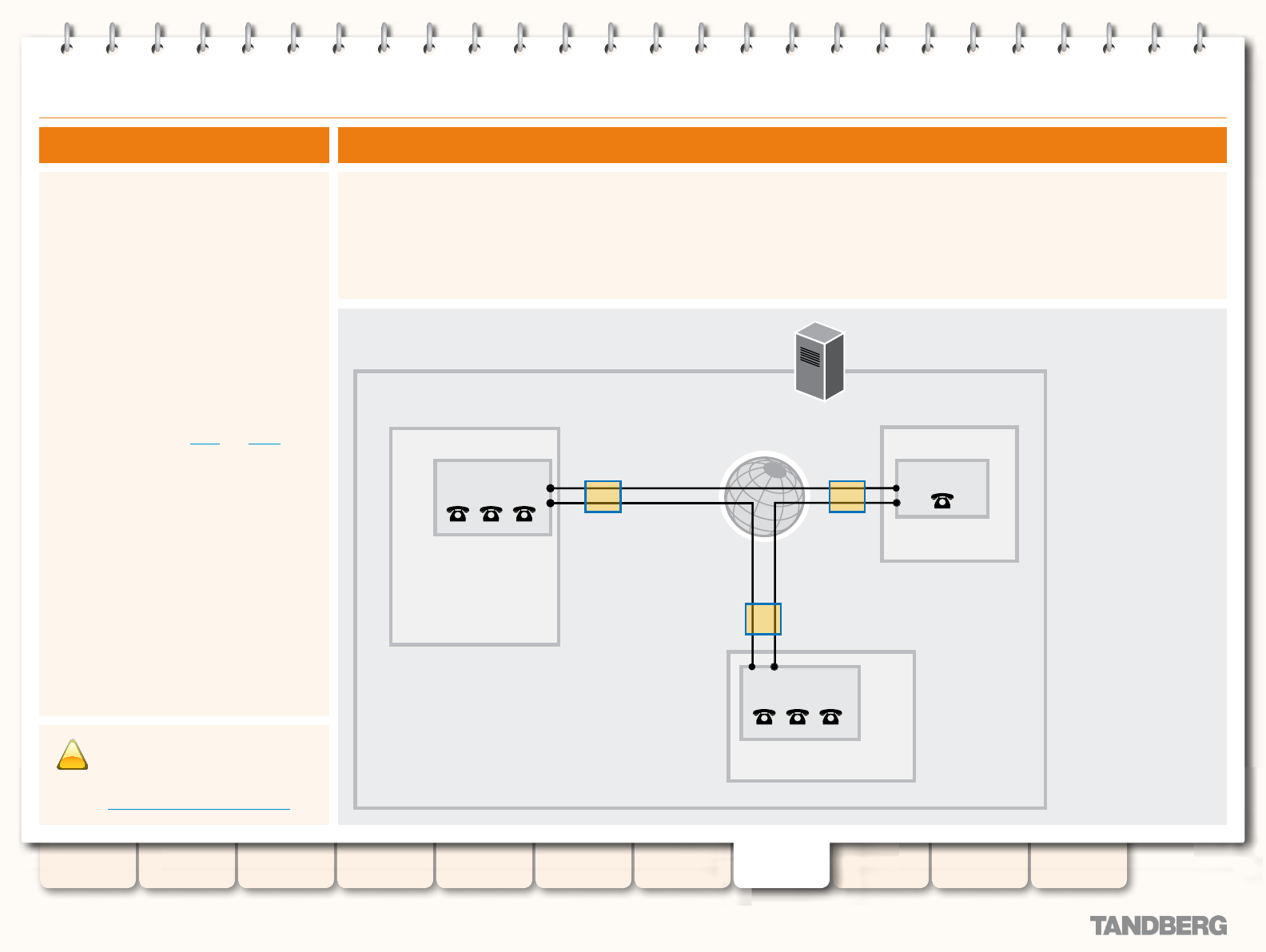
131
D14049.03
MAY 2008
Grey Headline (continued)
TANDBERG VIDEO COMMUNICATIONS SERVER
ADMINISTRATOR GUIDE
Introduction Getting Started
Overview and
Status
System
Conguration
VCS
Conguration
Zones and
Neighbors
Call
Processing
Bandwidth
Control
Firewall
Traversal
Maintenance Appendices
Bandwidth Control Overview
The diagram below shows a typical network deployment:
a broadband LAN between the Enterprise and the internet, where high bandwidth calls are acceptable
•
a pipe to the internet (Pipe A) with restricted bandwidth
•
two satellite ofces, Branch and Home, each with their own internet connections and restricted pipes.
•
In this example we have created new subzone for each pool of endpoints, so that we can apply suitable limitations to the bandwidth used within and
between each subzone based on the amount of bandwidth they have available via their internet connections.
The TANDBERG VCS allows you to control
the amount of bandwidth used by endpoints
on your network. This is done by grouping
endpoints into subzones, and then applying
limits to the bandwidth that can be used:
within each subzone
•
between a subzone and another subzone
•
between a subzone and a zone.
•
Bandwidth limits may be set on a call-by-call
basis and/or on a total concurrent usage basis.
This exibility allows you to set appropriate
bandwidth controls on individual components
of your network.
This section describes the different types of
subzones and how to add and congure them,
and explains how to use Links and Pipes to
apply bandwidth controls between subzones
and zones.
Bandwidth Control on the VCS
Example Network Deployment
HEAD OFFICE
VCS CONTROL
HOME OFFICE
BRANCH OFFICE
Branch Office
Subzone
Default
Subzone
Pipe A
Pipe B
Pipe C
Home Office
Subzone
INTERNET
!
Calls will fail if links are not
congured correctly. You can check
whether a call will succeed, and what
bandwidth will be allocated to it, using the
command xCommand CheckBandwidth.



